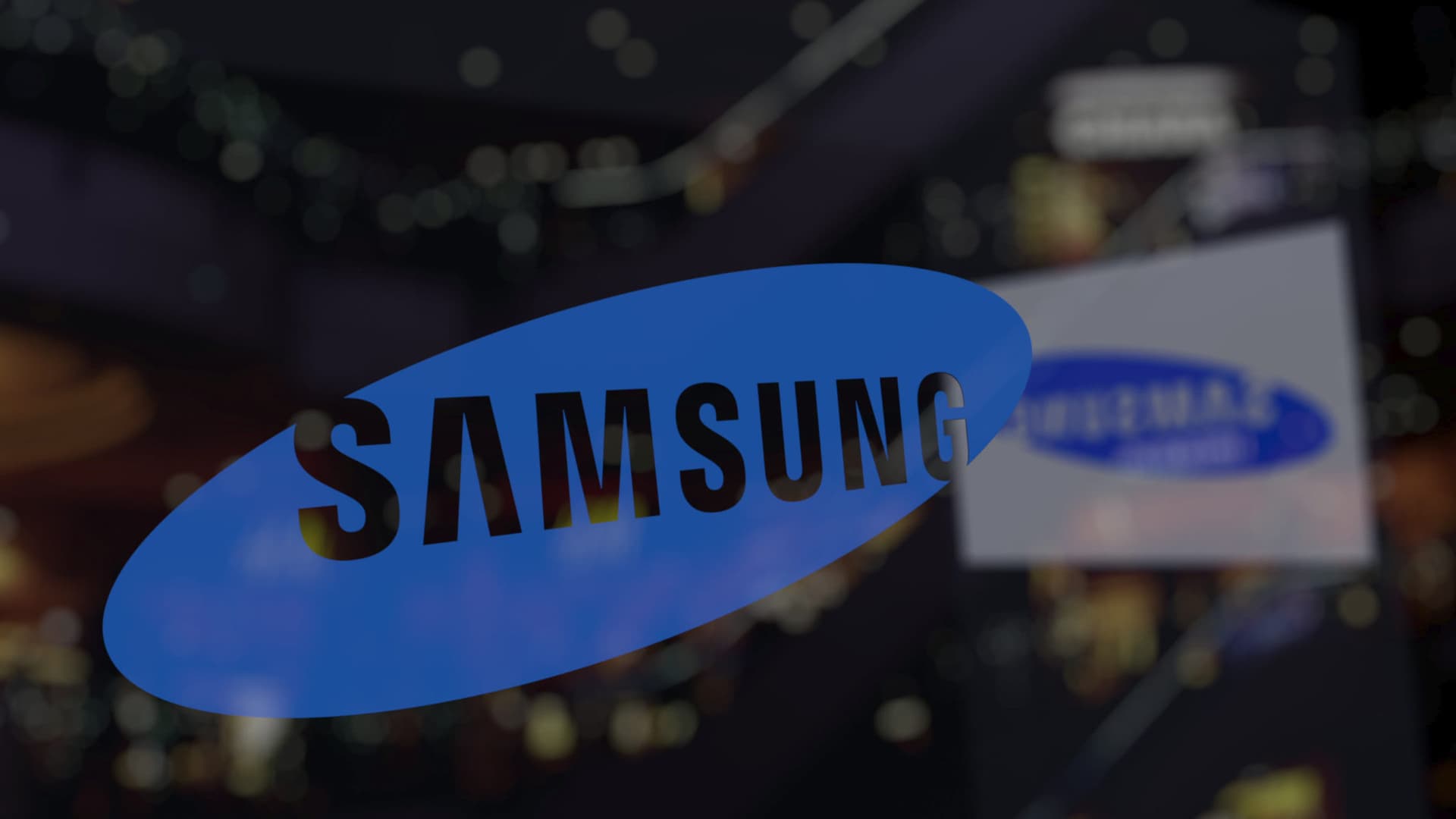Samsung’s profit more than doubles as AI chip demand explodes

News Summary
Samsung Electronics reported a robust Q3 earnings rebound, with operating profit more than doubling quarter-on-quarter to 12.2 trillion Korean won, significantly exceeding analyst estimates. This turnaround was primarily driven by its semiconductor division, which saw operating profit increase tenfold from Q2 and revenue climb 13% year-on-year to 33.1 trillion won. Executives highlighted that AI sector demand for memory chips is "far outstripping supply" and is expected to continue. Samsung's strong performance in High-Bandwidth Memory (HBM) chips, essential for AI computing, contributed to record quarterly sales for its memory business. While previously seen as lagging SK Hynix, Samsung has reportedly passed Nvidia’s qualification tests for advanced HBM chips and reclaimed the top spot in the overall memory market in Q3. Beyond chips, the mobile and network businesses also performed strongly, with flagship smartphone sales, including the new foldable Galaxy Z Fold7, boosting operating profit by 28% year-on-year to 3.6 trillion won.
Background
Samsung Electronics is a global technology powerhouse with diverse businesses including semiconductors, mobile communications, and home appliances. Its semiconductor division is one of the world's largest memory chip manufacturers, holding dominant positions in the DRAM and NAND flash markets. From 2023 to early 2024, the global semiconductor industry experienced a downturn, particularly in the memory chip market due to soft demand and inventory overhangs. However, the rapid advancement of artificial intelligence technologies in mid-to-late 2024 led to an explosion in demand for high-performance AI chips, especially High-Bandwidth Memory (HBM), providing a significant tailwind for the semiconductor sector and benefiting major chip makers like Samsung.
In-Depth AI Insights
What do exploding AI chip demands signify for memory market dynamics? - This indicates that the explosive growth of AI is not only driving demand for compute chips like GPUs but is elevating high-performance memory, particularly HBM, to an unprecedented strategic level. - Pricing power in memory chips may be shifting from traditional cyclical supply-demand to performance and technological scarcity driven by AI applications, potentially leading to more stable margins and higher market share for companies with advanced HBM capabilities. - The competition between Samsung and SK Hynix in HBM will intensify, with securing ongoing orders from AI giants like Nvidia being crucial for their future market positioning. How does Samsung's HBM catch-up impact its long-term investment value? - Samsung's successful qualification of HBM chips with Nvidia and its plans for HBM4 mass production in 2026 suggest it is rapidly closing the technology and capacity gap, potentially challenging SK Hynix's lead in the HBM market. - For investors, this implies that Samsung's semiconductor business, especially its memory division, is poised for sustained and robust growth from the AI wave, enhancing its overall valuation. - However, the rapid pace of HBM technological iteration and massive R&D investment mean continuous capital expenditure and maintaining technological leadership will be ongoing challenges for Samsung. Beyond AI chips, what is the significance of strong smartphone performance for Samsung's overall strategy? - Stable growth in the smartphone business provides crucial cash flow and profit support for Samsung, which is especially vital when the semiconductor business faces cyclical fluctuations. - The success of flagship smartphones, particularly foldable devices, demonstrates Samsung's brand influence and innovation capabilities in the high-end consumer electronics market, helping it maintain competitiveness in its device ecosystem in the AI era. - As AI functionalities increasingly integrate into edge devices, a strong device business will enable Samsung to create synergies between its AI chip and AI device segments, offering a more comprehensive growth path for the company.